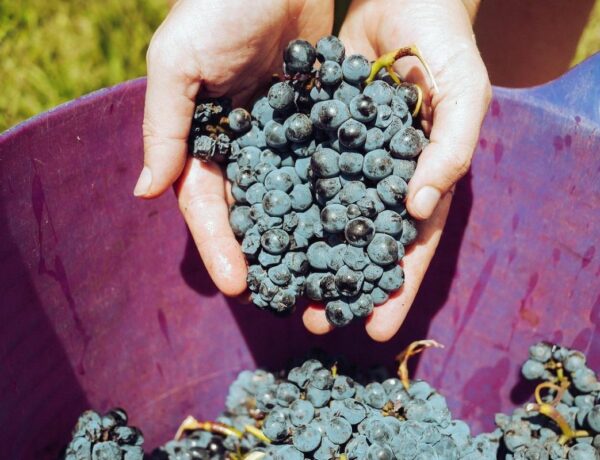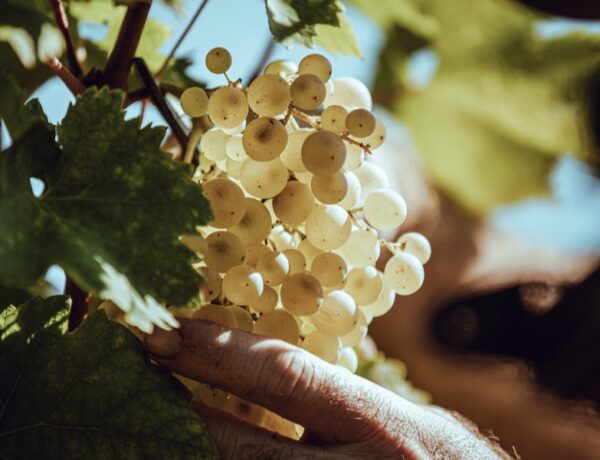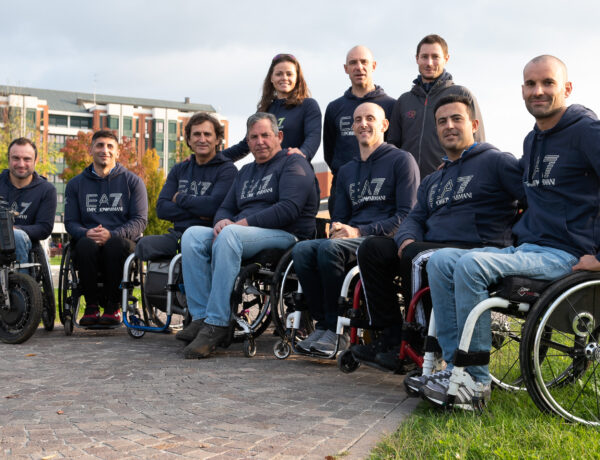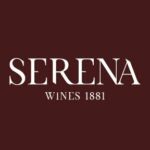Over the past couple of years, we are witnessing an exponential growth in both the market and interest towards the certifications of vegan Prosecco. But what makes it different from the original one?
This product is obtained from biologically cultivated grapes. For its production all the supply chain is involved: during the cultivation the agronomist reduces pesticide application and instead uses natural fertilizers, the oenologist in turn, uses biological additives.
There are other characteristics that have to be respected when producing vegan wine, such as:
- The sulphurous, an additive that acts as an antiseptic, eliminating bacteria and mould, that has lower limits
- The cultivation process is carried out without the use of “plant protection products”
- Adjuvants are used in order to foster some desired processes, and are animal free products
Keep in mind though, that all DOC Proseccos have very rigid disciplinaries regarding the use of certain substances during the production process and are kept under constant control.
The Serena Wines DOC Vegan Prosecco
The Prosecco Brut Organic is a bright yellow coloured wine with some greenish highlights. It presents a lively perlage with highly intense aromas and floral scents. The taste is fresh and to the palate is pleasant and harmonic
We suggest to pair it with fresh cheese at the beginning of the meal, or some vegetarian lasagne and grilled vegetables.
This is a VeganOK certified product. This certification regards all those products defined as vegan, meaning that they do not contain any animal origin material.

Sustainable initiatives by Serena Wines
The production of Vegan Prosecco is not the only initiatives in terms of sustainability, one of our most important values during every process under three dimensions: environmental, economic and social development
These are some of the others project that as a company we decided to carry out to favour a more responsible and environment friendly wine production.
- Equalitas: the EQUALITAS standard, is a certification assigned based on the quality of the internal processes: from the production, to the manufacturing and bottling process, to the sale of the finished product.
- Cheers: after a successful partnership with Ca Foscari University of Venice, we are elaborating a research project to develop new photovoltaic cell to produce energy from the discards from wine-making. By using natural dyes derived from the “dregs”, the discards from wine production supplied by us, we can produce a colorant for the photovoltaic panels, for the production of renewable and sustainable energy.
- RafCycle: this is a recycling solution to give a new life to the label waste. The silicon papered supports of the label rolls used during the production process are reused to create new labels with a strong eco-compatible footprint.








No Comments